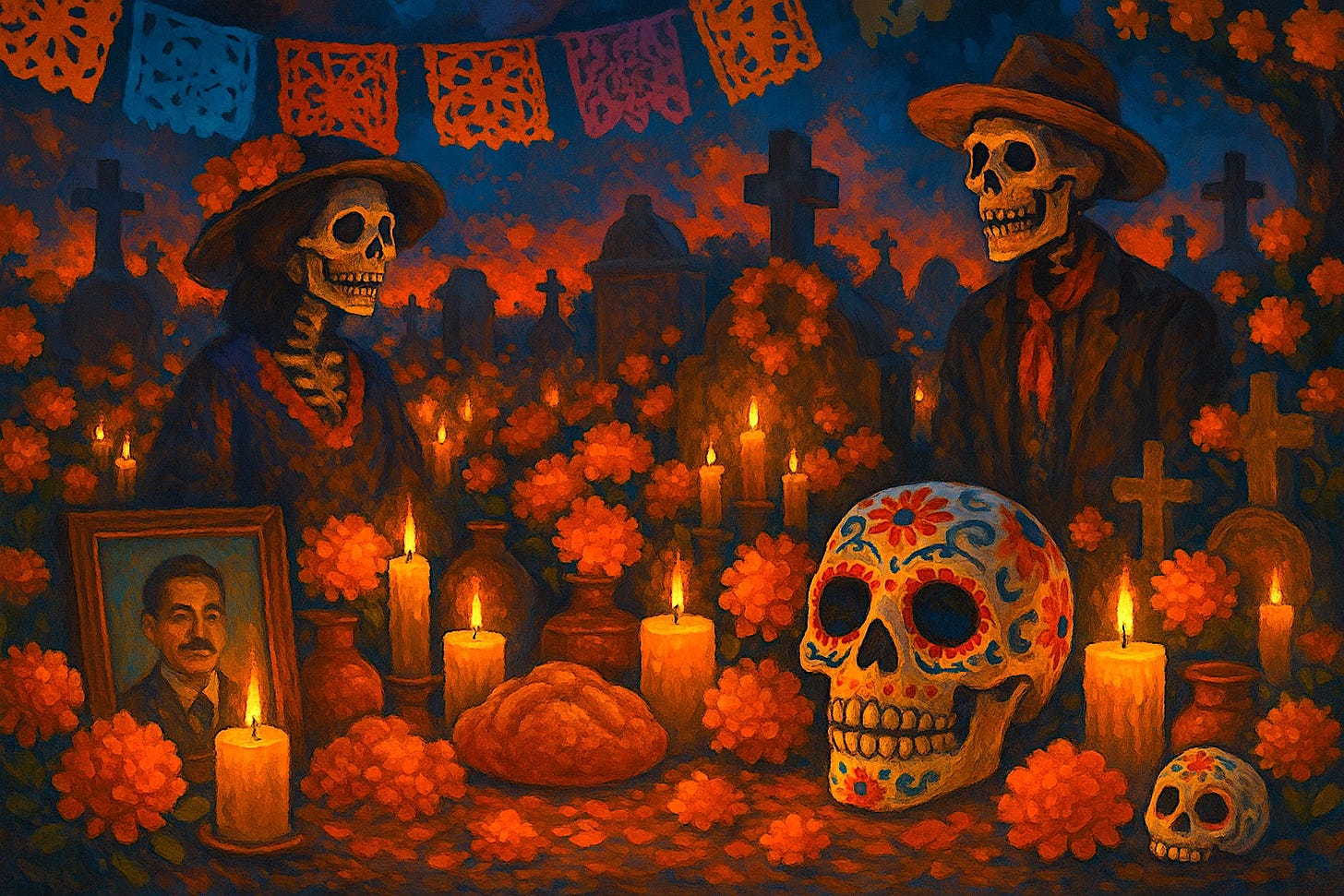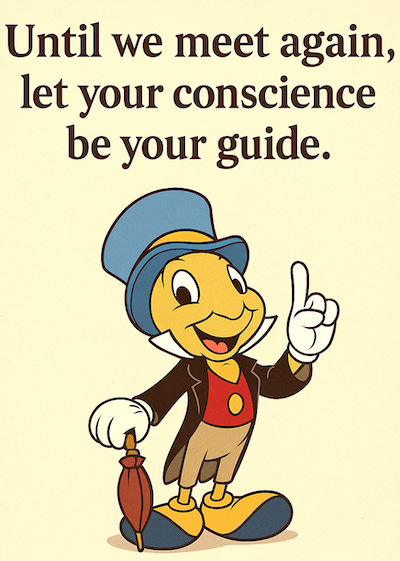In Mexico, death is part of life’s continuous cycle. During Día de los Muertos, families welcome deceased loved ones with altars of food and photos, visit cemeteries, and share joyful memories. Skeletons become playful reminders that death is universal and natural. This openness creates emotional balance: to remember is to keep love alive, and to live fully requires embracing mortality.
Death is the one certainty everyone shares, yet Americans avoid the subject more than sex, money, or politics. This cultural fear shapes how people live, how medicine is practiced, and how the nation spends its wealth.
American culture celebrates those who “beat the odds” and “never give up.” From childhood, Americans learn that effort solves every problem. Death resists this formula. Because it ends achievement and control, dying feels like personal defeat rather than natural transition.
A century ago, most Americans died at home. Now over 60 percent die in hospitals, monitored by machines and strangers. Modern medicine treats death as an error to correct. Doctors are trained to cure, not accompany. The system rewards procedures over presence.
This feeds fear. People rarely witness peaceful death, only ventilators and alarms. They equate dying with suffering, though most end-of-life distress comes from overtreatment, not dying itself. Hospice can ease suffering, but it’s discussed too late because everyone hesitates to speak of death.
American values prize independence: “Stand on your own two feet.” Death demands surrender and acceptance—qualities the culture labels weakness.
In collective societies, death is shared through family care and communal grief. In America, individualism isolates the dying. Families live apart, work obligations trump bedside presence, and the dying are left with rotating professionals. Without human company or ritual, dying becomes private ordeal instead of communal passage.
Americans spend fortunes on fitness and medical screenings to maintain control. When control fails, the shock is profound.
Religion once provided language and ritual for dying. As organized religion wanes, many Americans identify as “spiritual but not religious” without shared cosmology. Death becomes a blank screen for fear.
Only half of Americans believe in traditional afterlife concepts. Without public ritual, grief turns private and unresolved. Workplaces offer three days bereavement, if any. This emotional illiteracy breeds fear of grief itself—people worry if they start crying, they’ll never stop.
Avoidance costs dearly. People pursue extreme treatments that bring suffering but little benefit. Families bankrupt themselves for weeks more existence. Many die without saying goodbye because the subject feels forbidden.
The health care industry earns billions from aggressive end-of-life interventions. Cosmetic companies sell youth. Even language hides reality—people “pass away” instead of dying. Each layer of commerce reinforces denial.
On a cultural scale, fear of death fuels frantic consumption. If life’s value lies only in accumulation, mortality becomes meaning’s enemy.
Other societies model different relationships with death. Japan’s Obon festivals honor ancestors with lanterns and dance. West African funerals are public, musical, healing. These rituals transform death from horror to belonging.
Psychologists note that confronting mortality reduces fear rather than increasing it. Hospice patients frequently say knowing death is near makes life richer. Montaigne wrote, “To practice death is to practice freedom.”
America’s path forward begins with honesty. Talk about death before it arrives. Make advance directives. Visit hospice programs. Create community spaces for remembrance. Support those who care for the dying.
To reverse death denial, Americans must reclaim communal rituals, reform health care to include honest end-of-life conversations, and value elders as teachers of impermanence. The alternative is the status quo: sterile hospitals, silent families, and a culture that avoids the inevitable.
Death will not negotiate. But fear of it can be softened by truth, ritual, and shared humanity. To remember that dying is part of living is to recover what Americans have lost—the wisdom that love, not denial, is the real antidote to fear.




There's such cruelty at the heart of American culture. I'm trying to figure out my own death protocols, but it's crazy! Insurance schemes are just that: schemes. I gave up a while ago trying to figure out my own ending.
Indeed. Remember Jessica Mitford's The American Way of Death? The crazy exploitation of the grieving and the commercialization of the process? It's all horrifying and degrading.
I want to die at home, be cremated ASAP, and put my ashes on the trees in our yard that like alkaline!
If I can't die peacefully and death is nigh, let me find a doctor Kervorkian to hasten the process!